Recommended translation: "Apology" in Four Texts on Socrates, trans. Thomas G. West and Grace Starry West (Cornell University Press: 1984, rev. 1998).
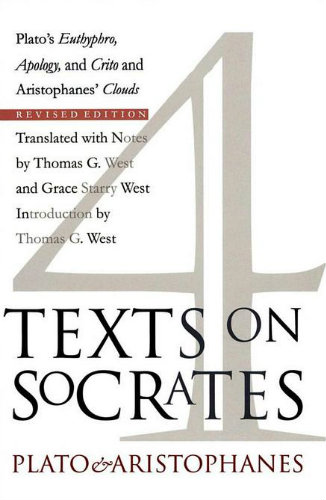

Recommended translation: "Apology" in Four Texts on Socrates, trans. Thomas G. West and Grace Starry West (Cornell University Press: 1984, rev. 1998).

Recommended Translation: The Rhetoric of Morality and Philosophy: Plato's Gorgias and Phaedrus, trans. Seth Benardete (University of Chicago Press, 1991).
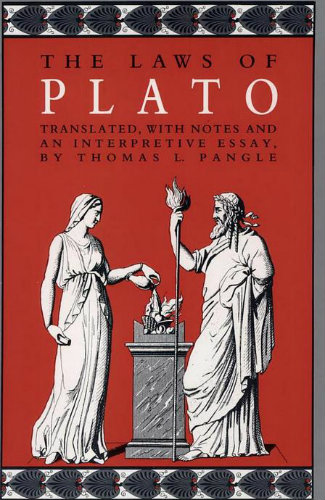
Recommended translation: The Laws of Plato, trans. Thomas L. Pangle (Basic, 1980; University of Chicago Press, 1988).
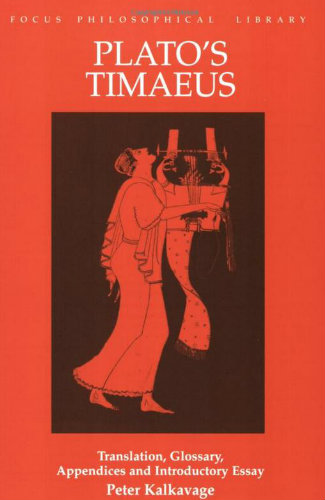
Recommended translation: Timaeus, trans. Peter Kalkavage (Focus, 2001).

Recommended translations:

Recommended translations:

Recommended translations:
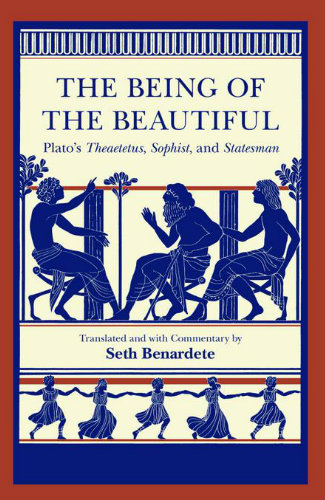
Recommended translation: "Statesman" in The Being of the Beautiful: Plato's Theaetetus, Sophist, and Statesman, trans. Seth Benardete (University of Chicago Press: 1984).

Recommended translation: "Sophist" in The Being of the Beautiful: Plato's Theaetetus, Sophist, and Statesman, trans. Seth Benardete (University of Chicago Press: 1984).

Recommended translation: "Theaetetus" in The Being of the Beautiful: Plato's Theaetetus, Sophist, and Statesman, trans. Seth Benardete (University of Chicago Press: 1984).

Recommended translations: Phaedo, trans. G. M. A. Grube (Hackett: 1977) Phaedo, trans. E. Brann (Focus, 1998)
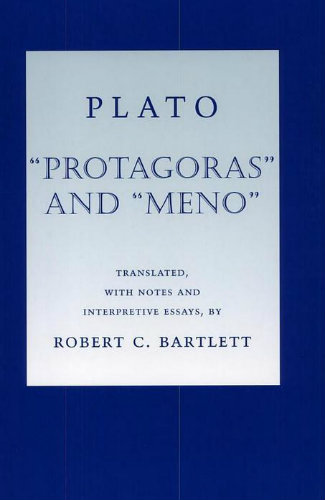
Recommended translation: Plato: "Protagoras" and "Meno," trans. Robert C. Bartlett (Cornell, 2004).